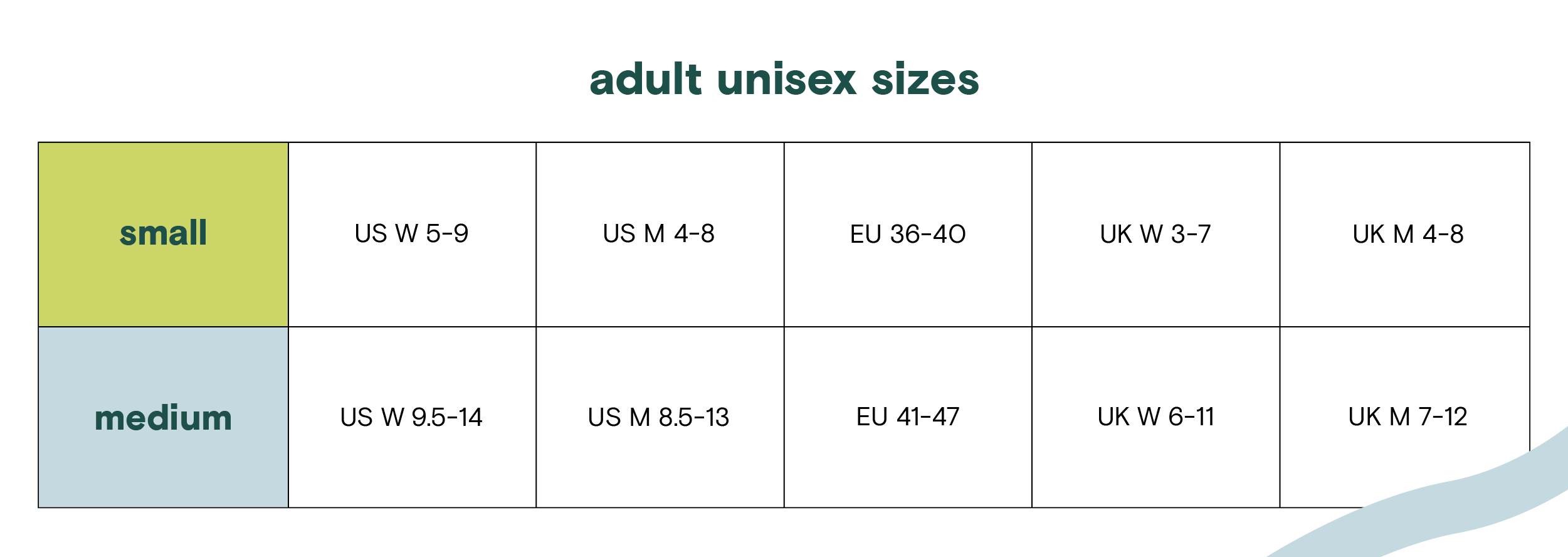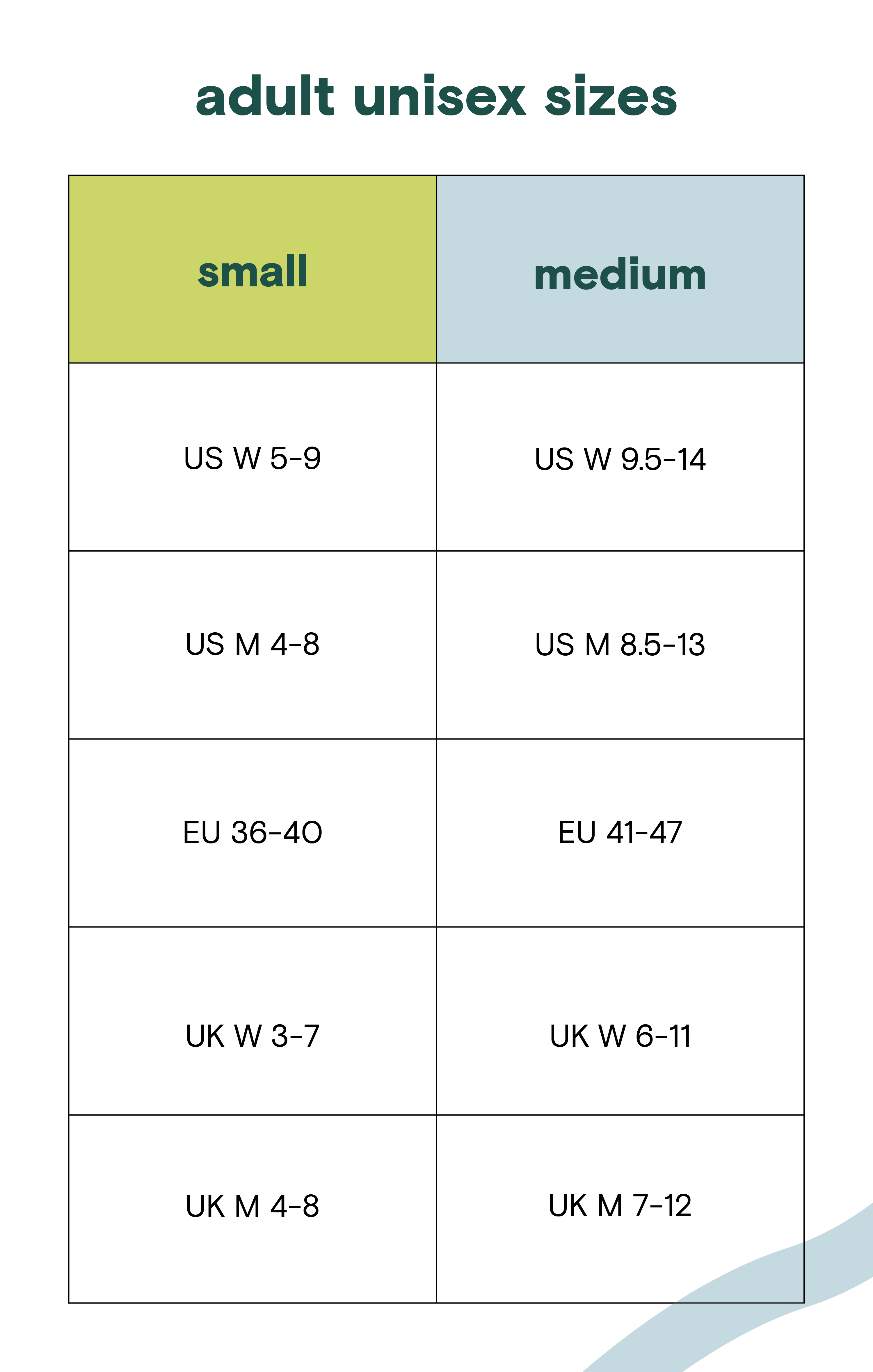Don't Underestimate the Power of Reading For Pleasure
By: Sarah Marchant

Both scientific studies and public opinion have always leaned toward literary fiction being superior to popular fiction. Literature has been proven to help you understand the mental states of others and develop greater empathy. In contrast, mass-produced works of fiction have been condemned by scholars and have been said to have a negative effect on the minds of young people.
However, it’s been found that reading for pleasure outside of school has serious benefits. The books children read that haven’t been assigned by a teacher have an impact on their attainment of education, social mobility, and cognitive progress. Study participants frequently report that they enjoy popular fiction more than literary fiction, and young people can make strong arguments in favor of the romance novels, vampire books, and fantasy stories they decide to read when they’re not in class.
As students grow older, their course schedules become more stressful, and they have relationships and activities competing for their time. Though they don’t have many minutes to spare in the day, they should be shown that reading will nourish them emotionally and intellectually. Whatever books they choose to dive into can provide a worthwhile distraction from the mundanity of life, sparking their curiosity and making them more interesting people.
Children and adolescents should be encouraged to read in their free time, no matter what type of books they gravitate toward. Don’t make the mistake of dismissing any genres, even if you can’t personally see the appeal. What young people want to read isn’t necessarily inferior to literature or nonfiction, because any books they pick up will help them better understand themselves and the world around them.

All of us here at Conscious Step recognize the importance of reading and believe that children around the world deserve access to books. That’s why we’ve partnered with Room to Read, so that every pair of socks you buy will donate two books to young learners in developing countries. Give them the magic that good books hold by ordering your pair today!
BONUS FEATURE:
The Many Benefits of Reading
By: Amy Block-Muzekari

Reading a good book may be the best way to escape from reality without actually leaving the comfort of home. A book can entertain, educate and exercise your mind. The benefits of reading are numerous and include boosting memory, reducing stress, clearing the mind, and improving focus and concentration.
Reading a book, magazine or newspaper does not put as much strain on your eyes as does reading a computer screen, so your eyes will thank you for reading the old-fashioned way (vs. via the internet).
Reading before bed, helps to clear your mind of the “chatter” that can prevent you from relaxing, and leads to better dreams and heavier sleep. It also broadens your vocabulary, enhances your problem-solving abilities and aids in keeping your thoughts organized.
People who read generally have higher GPA’s and IQ’s but statistics show that one in four adults have not read a book in the past year. There is a gender bias involved: women buy 68% of all books sold (of course, it is possible that women purchase books for the men and children in their lives and not just for themselves).
Another benefit of reading is that it seems to inspire people to be involved in cultural activities. A study done by the NEA shows that people who read for pleasure are many times more likely than those who do not to visit museums and attend concerts, and almost three times as likely to perform volunteer and charity work. Reading is essentially a catalyst for a person to be an active participant in the world around him/her.
Yet another study, performed by the consultancy firm Mindlab International at the University of Sussex showed that reading reduces stress. Reading silently for six minutes slowed down subjects’ heart rates and eased tension in their muscles.
And if you need yet another good reason to dive into that book, a study from Rush University Medical Center concludes that reading can literally take years off your mind. Adults who spent their downtime doing creative or intellectual activities (like reading) had a 32 percent slower rate of cognitive decline later in life than those who did not. Another study, as reported by ABC News, found that older adults who regularly read or play mentally challenging games like chess or puzzles are two and a half times less likely to develop Alzheimer’s disease.
So, if you’re the one in four people who have not read a book in the past year, or if it’s just been awhile since you’ve picked up a book, consider a visit to your local library or bookstore to peruse your options. Whether it be fiction or non-fiction, certainly something will pique your interest. Set small goals, such as reading for just 15 minutes each day…and who knows, you just might find yourself so absorbed in your book of choice that you find it hard to put down. Perhaps the many benefits of reading may convince you to turn off the t.v. or computer, and instead engage in the rewarding experience of reading.
Sources:
Whytoread.com http://whytoread.com/why-to-read-10-reasons-why-reading-books-will-save-your-life/
Lifehack.org http://www.lifehack.org/articles/lifestyle/10-benefits-reading-why-you-should-read-everyday.html
Readersdigest.com http://www.rd.com/health/wellness/benefits-of-reading/









0 comments